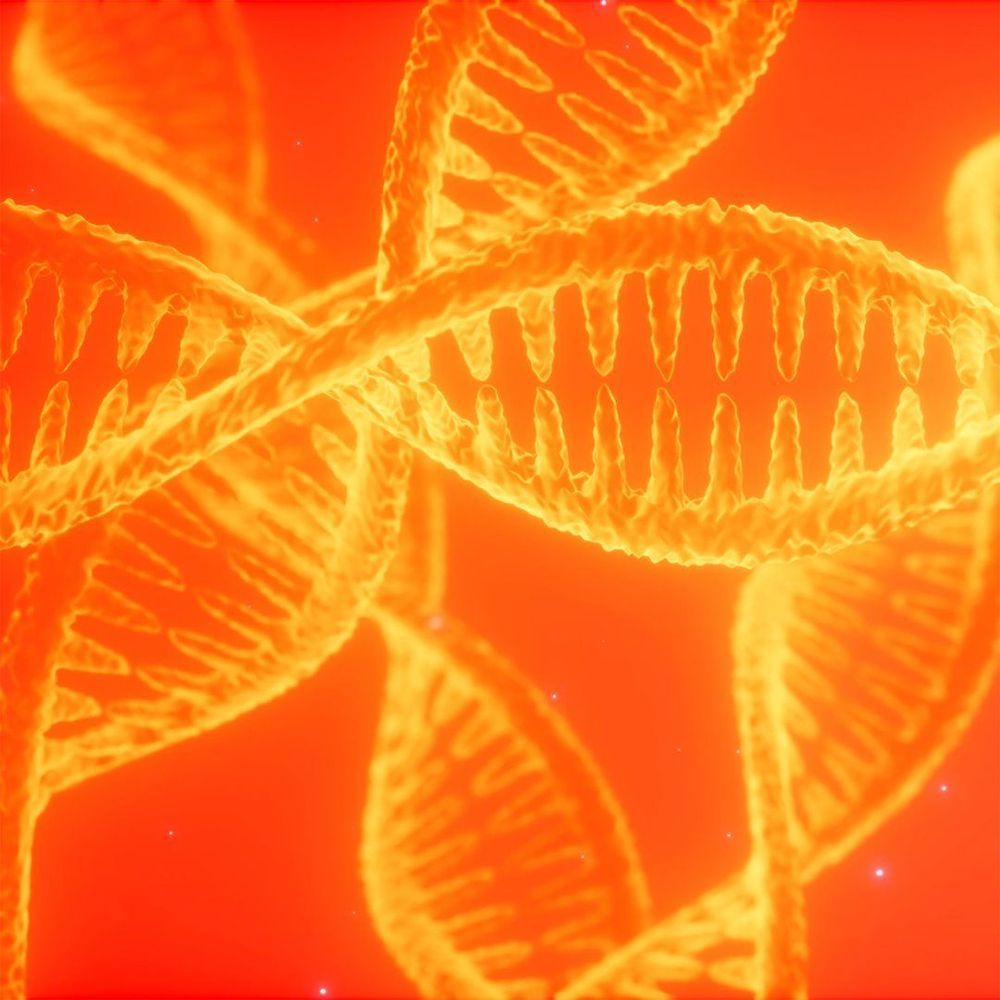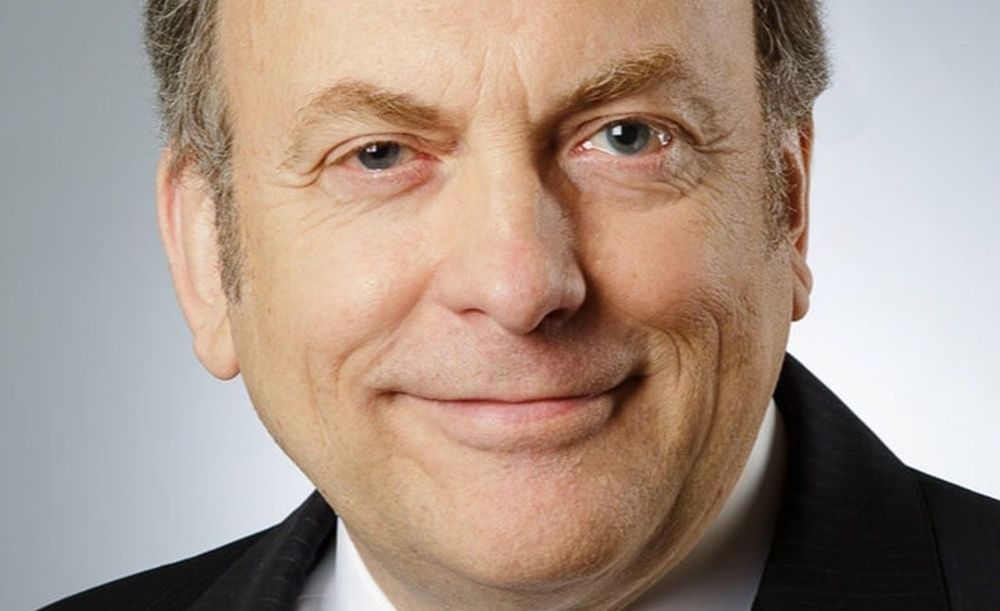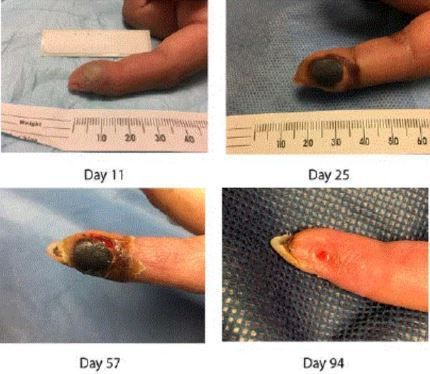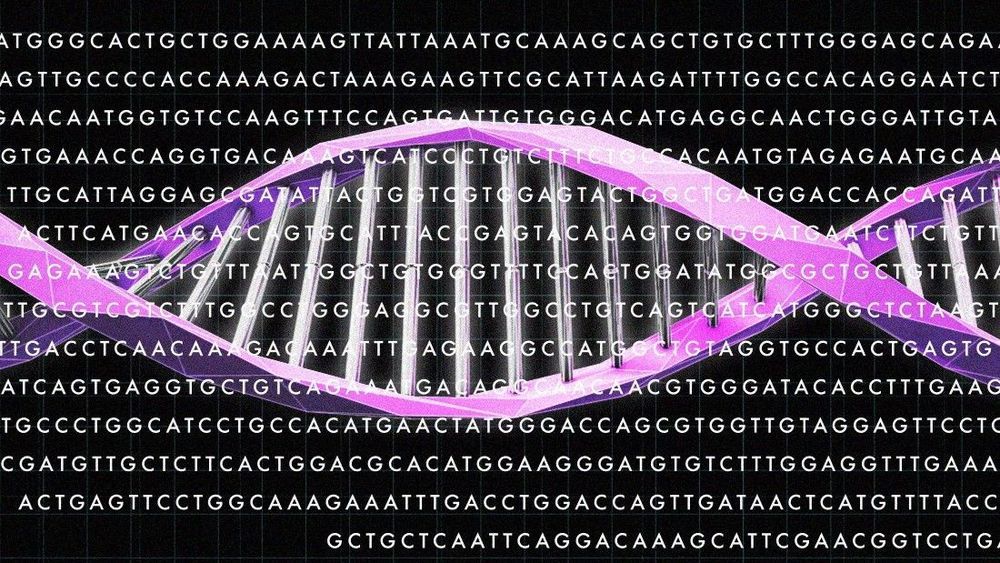Page 7416
Oct 25, 2019
The Longevity biotech industry is hitting its stride
Posted by John Davies in categories: biotech/medical, life extension
Oct 25, 2019
Assyrian Tablets Contain Earliest Written Record of Aurora’s Sky Glow
Posted by Genevieve Klien in category: futurism
Cuneiform tablets from ancient Assyria dating to 679 B.C. contain the earliest written record of an aurora.
Oct 25, 2019
Here’s How the Brain Makes Memories—and What You Can Do to Keep Your Mind Sharp
Posted by Genevieve Klien in category: neuroscience
Experts are still discovering exactly how our brains make, sort, and store memories. Here’s what we know so far—and a few tips to keep your mind sharp.
Oct 25, 2019
Lab Tech Accidentally Injects Herself with Smallpox-Related Virus
Posted by Genevieve Klien in category: biotech/medical
A lab worker in San Diego became infected with a smallpox-related virus, known as the vaccinia virus, after she accidentally stuck her finger with a needle, according to a new report.
The infection caused the tip of the woman’s finger to swell and turn black. Her case is unique because it marks the first time that doctors have used tecovirimat — a recently approved drug for smallpox — to treat a laboratory-acquired infection with vaccinia virus, the report said.
Oct 25, 2019
Here’s How 20 Years of Office Work Will Disfigure the Human Body
Posted by Genevieve Klien in category: biotech/medical
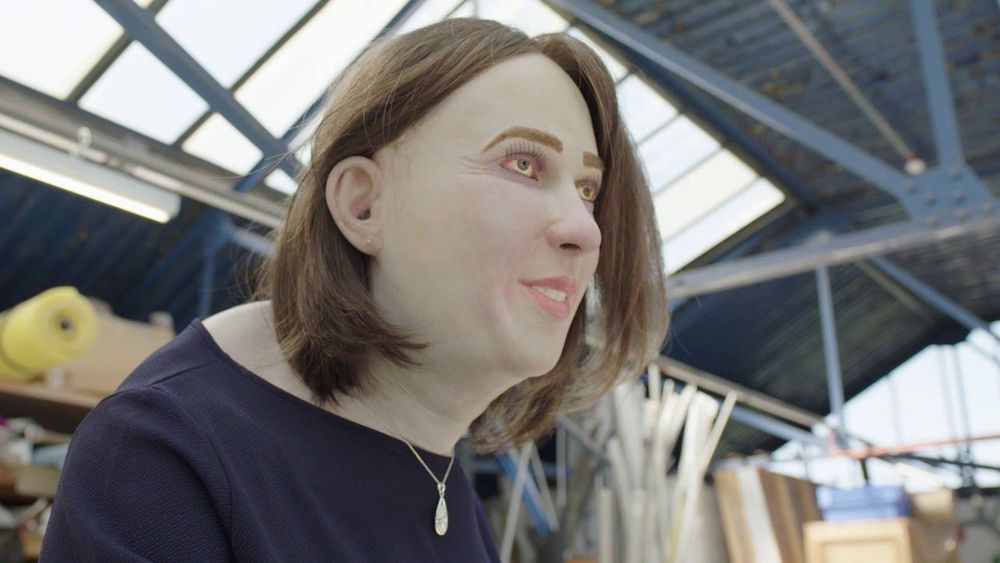
Emma doesn’t look so great.
Her legs are puffy and covered in varicose veins. Her eyes are flat and dead, and her back looks like she spends her days ringing the bell at Notre-Dame Cathedral.
Continue reading “Here’s How 20 Years of Office Work Will Disfigure the Human Body” »
Oct 25, 2019
IBM quantum computing research breakthrough controls individual atoms
Posted by Genevieve Klien in categories: computing, particle physics, quantum physics
IBM has made a breakthrough in quantum computing by demonstrating a way to control the quantum behavior of individual atoms. The discovery has demonstrated a new building block for quantum computation. The team demonstrated the use of single atoms as qubits for quantum information processing.
Oct 25, 2019
Gut microbes help mice overcome their fears
Posted by Paul Battista in categories: biological, neuroscience
Mice without healthy gut bacteria have a hard time moving on from fearful situations, adding to evidence that the microbiome influences how the mammalian brain works.
Oct 25, 2019
New gene editing technology could correct 89% of genetic defects
Posted by Paul Battista in categories: bioengineering, biotech/medical, genetics
Scientists have developed a new gene-editing technology that could potentially correct up to 89% of genetic defects, including those that cause diseases like sickle cell anemia.
The new technique is called “prime editing,” and was developed by researchers from the Broad Institute of MIT and Harvard, who published their findings Monday in the journal Nature.
Prime editing builds on powerful CRISPR gene editing, but is more precise and versatile — it “directly writes new genetic information into a specified DNA site,” according to the paper.
Oct 25, 2019
This Physicist Believes There Are Countless Parallel Universes
Posted by Quinn Sena in categories: cosmology, quantum physics
It’s the one aspect of reality we all take for granted: an object exists in the world regardless of whether you’re looking at it.
But theoretical and quantum physicists have been struggling for years with the possibly of a “many worlds” interpretation of reality, which suggests that every time two things could happen, it splits into new parallel realities. Essentially, they think you’re living in one branch of a complex multiverse — meaning that there are a near-infinite number of versions of you that could have made every conceivable alternate choice in your life.
Physicist Sean Carroll from the California Institute of Technology deals with this problem in his new book “Something Deeply Hidden.” In a new interview with NBC, Carroll makes his stance on the matter clear: he thinks the “many worlds” hypothesis is a definite possibility.
